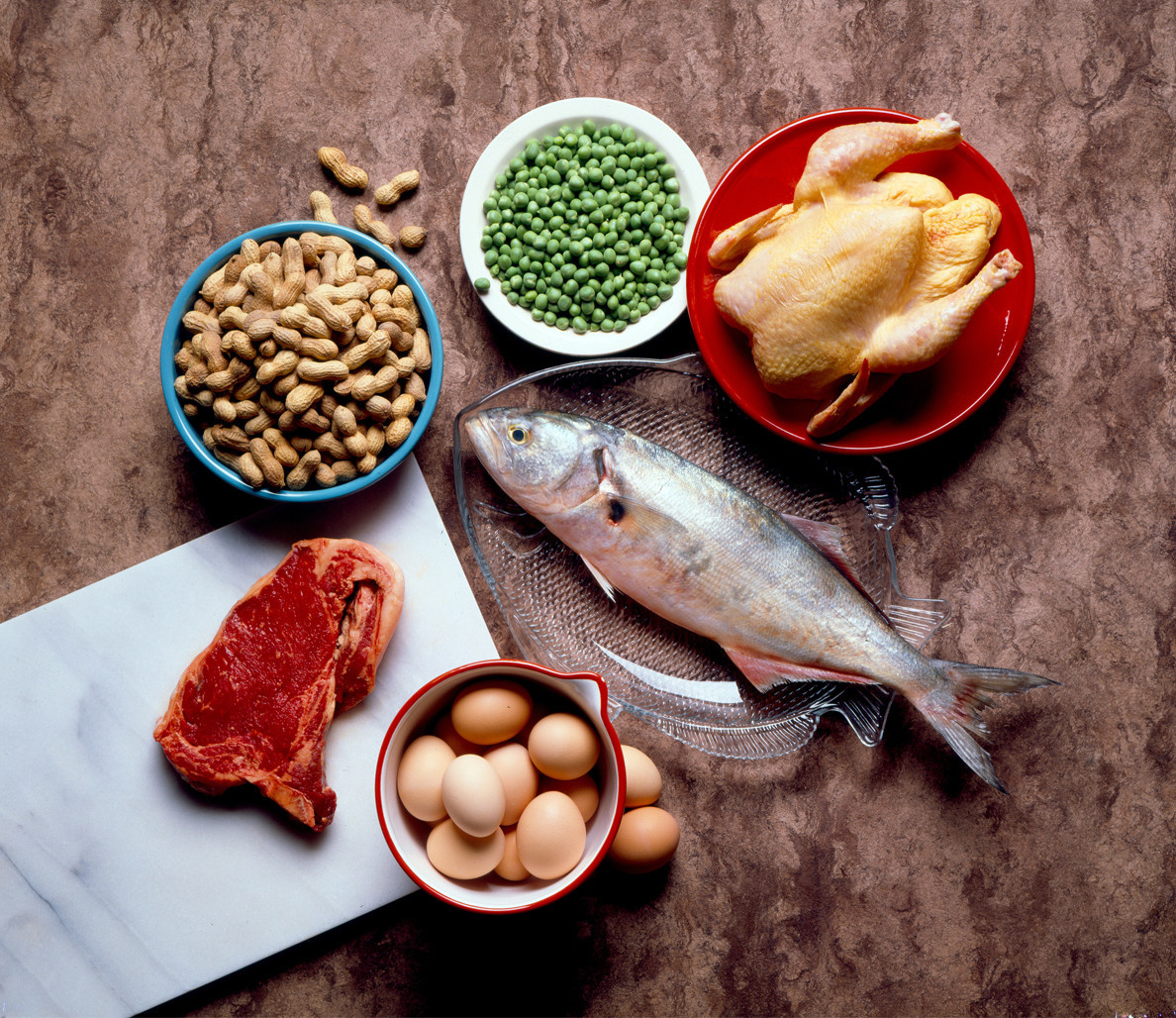Running News Daily
Running News Daily is edited by Bob Anderson. Send your news items to bob@mybestruns.com Advertising opportunities available. Train the Kenyan Way at KATA Kenya and Portugal owned and operated by Bob Anderson. Be sure to catch our movie A Long Run the movie KATA Running Camps and KATA Potato Farms - 31 now open in Kenya! https://kata.ke/
Index to Daily Posts · Sign Up For Updates · Run The World Feed
Often overlooked is the role Nutrition plays to increase healing and decrease downtime when injuried
Injuries can quite literally stop a runner in his or her tracks. Recent research suggests that half of sports injuries lead to an average of three weeks without training or competing.
Cross-training, physical therapy and biomechanical assessments are well-established aspects of the treatment process, but often overlooked is the role of nutrition in the recovery from injury. Dr. Keith Baar, a researcher at the University of California, Davis, believes that nutritional support is a critical element of recovery.
“A greater understanding of the role of nutrition in healing has evolved in the past three to five years,” says Dr. Baar. In one case study, by following an injury-specific nutritional program, the athlete displayed half of the muscle atrophy in the immobilized leg that was expected. Since a return to running after injury is often dictated by the rate of muscle function, maintaining muscle size and strength may significantly hasten recovery.

In fact, a 2015 article in the journal Sports Medicine said, “Nutritional support may be crucial to lessen the length of time and reduce the negative aspects of reduced activity and immobilization, as well as to support the return to training.”
Working backwards, in order for the collagen-building nutrients to be floating in the blood stream ready for absorption, meals need to be consumed approximately one hour before exercise.
Baar names four important amino acids—lysine, hydroxylysine, hydroxyproline, and proline—as those that have shown the greatest promise in building collagen. Lysine, an essential amino acid found in meat, cheese and eggs, may play a particularly important role in the health of bones, connective tissue and skin. While both scientific and clinical studies have indicated that these amino acids may actually strengthen ligaments and tendons, no long-term research has been carried out to determine the preventative effects of nutritional interventions.
Facilitated by a better blood flow, nutrition may play an even greater role in the growth and recovery of muscle tissue. Amino acids, the building blocks of muscle protein, are readily delivered to muscles and consequently, an adequate daily protein intake may be essential in maintaining muscle mass during injury.
Studies also have show that in periods of inactivity, healthy muscle tissue atrophies at approximately 0.5 percent per day. For a runner that has suffered serious injury, two to three weeks of immobilization can lead to a loss of 10 percent of muscle mass. As muscle strength declines at approximately three times the rate that muscle tissue is lost, it doesn’t take a mathematician to realize that extended periods of inactivity can result in big losses in strength.
Without a focused exercise effort—possibly months of rehabilitation—these losses are frequently never recovered, perhaps forever influencing injury risk and performance.

Baar stresses that these recommendations aren’t just for those that have been injured—they also apply to those recovering from hard exercise sessions, a time when muscle breakdown also occurs.
“To repair the muscle damage that occurs after hard exercise, a good, well-timed nutritional support program emphasizing leucine-rich proteins is very important.” Sadly, for those that love a post-workout beer or Chardonnay, excessive alcohol (more than 4 drinks) can impair muscle recovery.
Owing to the observation that muscle recovery is ramped up during two different time periods, 18 and 48 hours after exercise, those runners attempting to optimize muscle recovery should aim to ensure that recovery foods include leucine rich foods (egg whites, chicken, tuna, turkey, dairy products).
Energy balance is critical. Higher protein intakes (2–2.5 g/kg/day) seem to be warranted during immobilization. This can be broken up into 4-6 small meals/day.
At the very least, care should be taken not to reduce the absolute amount of protein intake when energy intake is reduced.
Login to leave a comment




